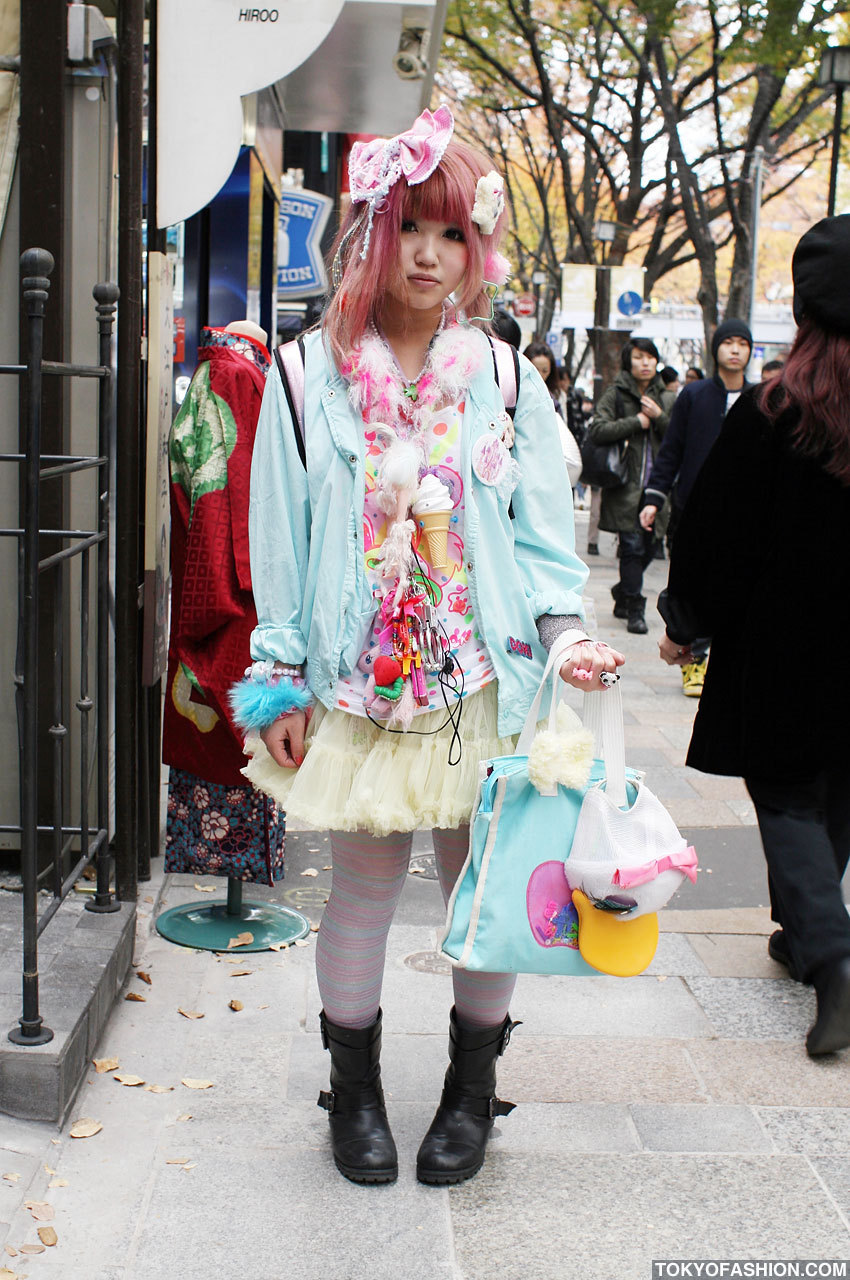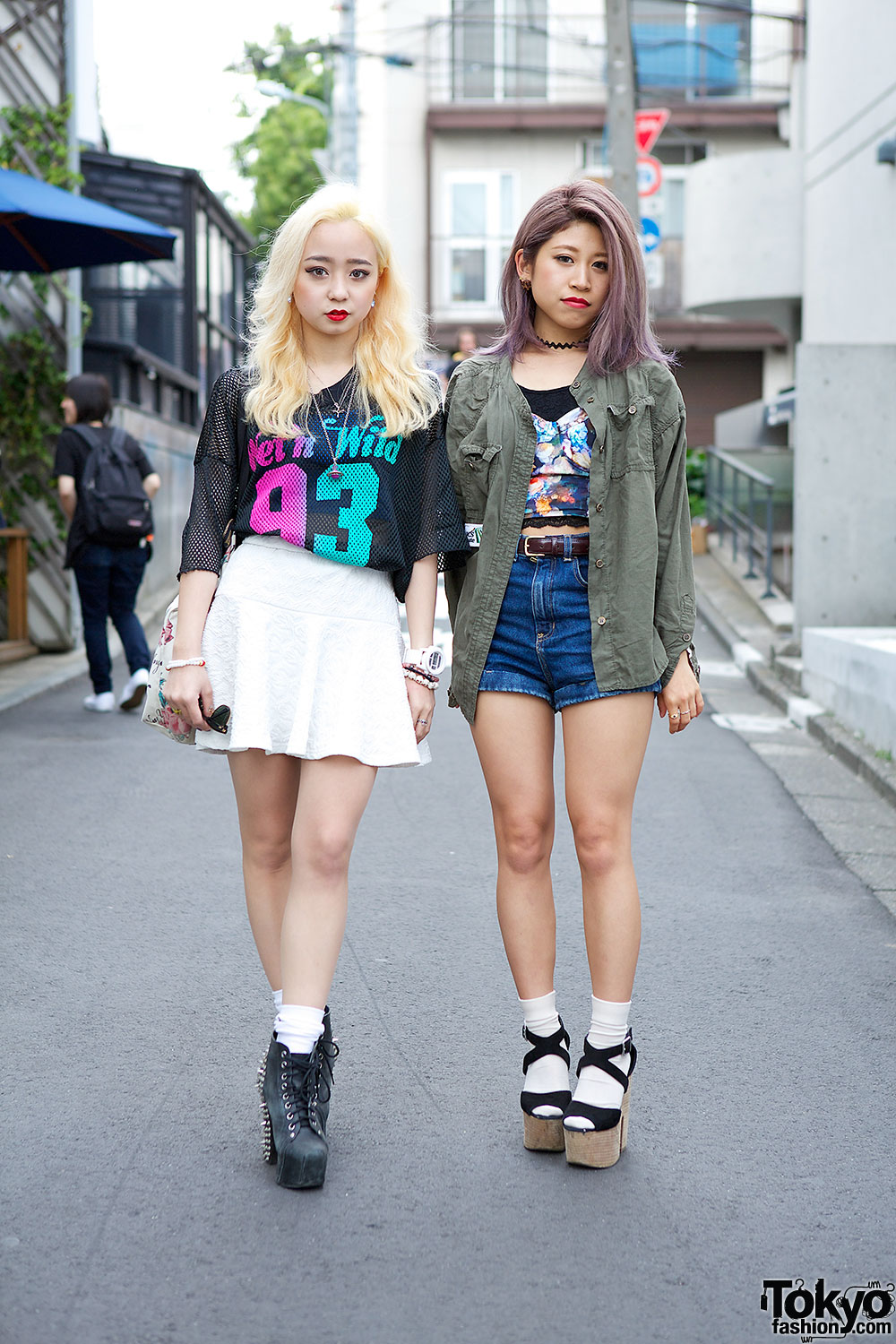Japan ladies fashion is a vibrant and dynamic expression of culture, creativity, and elegance. From the traditional elegance of kimono to the avant-garde street styles of Harajuku, Japanese women's fashion has captured the world's attention. It is not just about clothing; it's an art form that reflects history, innovation, and individuality.
Japanese fashion has long been admired for its unique blend of tradition and modernity. Whether you're exploring the bustling streets of Tokyo or delving into the history of traditional Japanese attire, there's something for everyone. This guide will take you on a journey through the fascinating world of Japan ladies fashion.
Whether you're a fashion enthusiast or simply curious about Japanese culture, this article will provide valuable insights into the latest trends, historical influences, and cultural significance of Japanese women's fashion. Let's dive in!
Read also:Who Is Elon Musks Wife In 2024 A Complete Guide To His Personal Life
Table of Contents
- The History of Japanese Women's Fashion
- Traditional Japanese Fashion
- Modern Japanese Fashion Trends
- Harajuku Fashion: A Hub of Creativity
- Key Influencers in Japanese Fashion
- Popular Japanese Fashion Brands
- Where to Shop for Japanese Fashion
- Seasonal Fashion Trends in Japan
- Accessories in Japanese Women's Fashion
- The Future of Japan Ladies Fashion
The History of Japanese Women's Fashion
The Evolution of Japanese Fashion
Japanese women's fashion has a rich history that dates back centuries. From the elegant kimono of the Heian period to the contemporary styles of today, fashion in Japan has evolved significantly over time. The kimono, for example, has been a staple of Japanese culture for over a thousand years and remains an iconic symbol of traditional Japanese fashion.
During the Edo period (1603-1868), fashion became more elaborate, with vibrant colors and intricate patterns. This era laid the foundation for many of the fashion traditions that still influence Japanese style today.
Western Influence in Japanese Fashion
The Meiji Restoration in the late 19th century brought significant Western influence to Japan. This period marked the beginning of modernization, and Japanese women began incorporating Western-style clothing into their wardrobes. However, traditional elements such as the kimono remained an essential part of their identity.
Today, Japanese fashion is a fascinating fusion of traditional and modern styles, reflecting the country's ability to embrace change while preserving its cultural heritage.
Traditional Japanese Fashion
The Art of Kimono
The kimono is perhaps the most iconic piece of traditional Japanese fashion. It is a long, flowing garment with wide sleeves and is typically made from silk. The design of a kimono can vary greatly depending on the occasion, season, and the wearer's age and marital status.
There are several types of kimono, including:
Read also:Muni Long Ethnicity Unveiling The Roots Of A Rising Star
- Furisode: Worn by unmarried women, characterized by long sleeves.
- Tomesode: Worn by married women, featuring shorter sleeves.
- Yukata: A casual version of the kimono, often worn during summer festivals.
Accessories and Hairstyles
Traditional Japanese fashion is not complete without the right accessories and hairstyles. Women often wear elaborate hair ornaments called kanzashi, which add a touch of elegance to their look. Obi belts, used to tie the kimono, are also an essential part of the ensemble and come in various widths and patterns.
Modern Japanese Fashion Trends
Gyaru Fashion
Gyaru fashion is a popular style among Japanese women, characterized by its bold and dramatic aesthetic. This style often features tanned skin, heavy makeup, and flashy clothing. Gyaru fashion originated in the 1990s and continues to influence contemporary Japanese street style.
Lolita Fashion
Lolita fashion is another iconic Japanese style that emphasizes innocence and elegance. This style draws inspiration from Victorian and Rococo fashion, with pastel colors, ruffles, and petticoats. Lolita fashion has gained a global following and is celebrated for its unique blend of sweetness and sophistication.
Harajuku Fashion: A Hub of Creativity
The Heart of Japanese Street Fashion
Harajuku, a district in Tokyo, is renowned as the epicenter of Japanese street fashion. This vibrant area is home to a diverse range of styles, from avant-garde to cute and whimsical. Harajuku fashion is all about self-expression and pushing boundaries, making it a must-visit destination for fashion enthusiasts.
Key Styles in Harajuku
Some of the most popular styles in Harajuku include:
- Kogal: A style characterized by platform shoes, oversized sunglasses, and school uniforms.
- Gothic Lolita: A darker, more edgy version of the Lolita style, featuring black clothing and dramatic makeup.
- Decora: Known for its bright colors and excessive use of accessories.
Key Influencers in Japanese Fashion
Designers Who Shaped Japanese Fashion
Several influential designers have played a significant role in shaping Japanese fashion. Designers like Rei Kawakubo of Comme des Garçons and Yohji Yamamoto have gained international acclaim for their innovative and unconventional designs. Their work has helped to elevate Japanese fashion on the global stage.
Fashion Icons
Japanese celebrities and influencers also play a crucial role in promoting Japanese fashion trends. Models like Tao Okamoto and actresses like Anne Watanabe have become fashion icons, inspiring countless women around the world with their unique style.
Popular Japanese Fashion Brands
High-End Designers
Japan is home to several high-end fashion brands that are celebrated worldwide. Brands like Issey Miyake and Kenzo have become synonymous with luxury and innovation. These designers are known for their avant-garde designs and commitment to quality.
Streetwear Brands
In addition to high-end designers, Japan is also a hub for streetwear brands. Companies like A Bathing Ape (BAPE) and Neighborhood have gained a massive following for their bold and edgy designs. These brands cater to a younger audience who appreciate urban and street-inspired fashion.
Where to Shop for Japanese Fashion
Tokyo's Fashion Districts
Tokyo is a shopper's paradise, with numerous districts catering to different fashion preferences. Shibuya, for example, is known for its trendy and youthful vibe, while Ginza offers a more upscale shopping experience. For those interested in vintage fashion, Koenji is the perfect destination.
Online Shopping
In addition to physical stores, many Japanese fashion brands have an online presence, making it easier than ever to shop for Japanese fashion from anywhere in the world. Websites like Rakuten and Zozotown offer a wide selection of Japanese clothing and accessories.
Seasonal Fashion Trends in Japan
Spring Fashion
Spring in Japan is a time for celebration, with the cherry blossoms blooming and the weather warming up. Women often opt for lighter fabrics and pastel colors during this season. Floral prints and delicate accessories are also popular choices.
Winter Fashion
Winter fashion in Japan is all about staying warm while still looking stylish. Cozy knitwear, wool coats, and scarves are essential items in any Japanese woman's winter wardrobe. Darker colors and heavier fabrics dominate this season's fashion scene.
Accessories in Japanese Women's Fashion
Accessories play a crucial role in Japanese women's fashion, adding the finishing touches to any outfit. Popular accessories include:
- Hats and headbands
- Sunglasses
- Scarves and shawls
- Handbags and clutches
These accessories not only enhance the overall look but also provide practical benefits, such as protection from the sun or cold weather.
The Future of Japan Ladies Fashion
The future of Japanese women's fashion looks bright, with emerging designers and new trends constantly emerging. As technology continues to advance, we can expect to see even more innovative designs and sustainable fashion practices. The global influence of Japanese fashion is likely to grow, inspiring fashion lovers worldwide.
Conclusion
In conclusion, Japan ladies fashion is a captivating blend of tradition and modernity, offering something for everyone. From the elegance of the kimono to the creativity of Harajuku street style, Japanese fashion continues to inspire and influence the global fashion scene.
We encourage you to explore the world of Japanese fashion further by visiting Tokyo's vibrant shopping districts or checking out online stores. Don't forget to share your thoughts and experiences in the comments below. For more articles on fashion and culture, be sure to explore our website. Thank you for reading!





